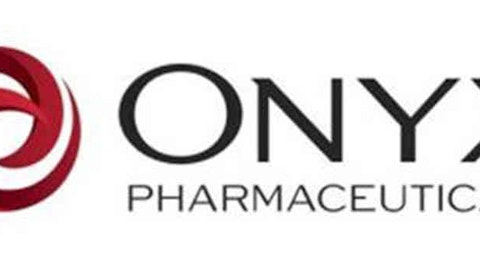The proposed cuts are part of a federal budget-balancing agreement, which also targets Amgen’s anemia drugs. The government is intent on cutting these payments by $1 billion, which bodes ill for any company producing drugs or treatments that are heavily dependent on Medicare.
How badly DaVita and Fresenius’ revenue will suffer due to the proposed cuts is uncertain, since the reductions are still pending approval, but it appears that investors aren’t planning to sit around and find out.
Safer alternative investments
Given Wall Street analysts’ habit of quarterbacking after the fact, I believe that DaVita and Fresenius Medical Care will be downgraded due to the uncertainty of their revenue projections for 2014 and beyond. Therefore, there are two other stocks that investors can consider to invest in diabetes medication, rather than dialysis – Merck & Co., Inc. (NYSE:MRK) and Pfizer Inc. (NYSE:PFE).
In April, Merck & Co., Inc. (NYSE:MRK) and Pfizer Inc. (NYSE:PFE) unexpectedly teamed up to develop a new type 2 diabetes drug, ertuglifozin, an orally administered sodium glucose cotransporter (SGLT2) inhibitor. SGLT2 inhibitors help patients excrete glucose in urine to stabilize sugar levels, and possibly reduce the amount of insulin injections needed daily. Ertugliflozin is currently ready for Phase III trials and could be marketed as a standalone drug or in combination with two other orally administered drugs, metformin and sitablipin (Merck’s Januvia), which are both antihyperglemic agents that counteract high levels of glucose in the blood.
Merck & Co., Inc. (NYSE:MRK) and Pfizer Inc. (NYSE:PFE)’s unlikely alliance was forged to expedite the approval of its SGLT2 inhibitor to the market to compete with Johnson & Johnson (NYSE:JNJ), Bristol-Myers Squibb and AstraZeneca, which all have competing products. However, only Johnson & Johnson (NYSE:JNJ)’s SGLT2 drug, Invokana, has been approved by the FDA.
Merck & Co., Inc. (NYSE:MRK) paid Pfizer $60 million to initiate the partnership, and will split the revenue and costs on a 60/40 percent basis, respectively. The partnership should also draw attention away from Merck & Co., Inc. (NYSE:MRK)’s problems with Januvia, which is being investigated by the FDA due to claims that it could cause pancreatic cancer. Januvia accounted for $4 billion in Merck’s annual revenue last year.
The Foolish Bottom Line
Biotech investors need to be aware of the significance of the diabetes epidemic. 25 million Americans are currently diagnosed with diabetes, and the condition costs its patients more than $245 billion annually. That brings the yearly total cost per patient to $9,800, and that cost is likely to continue to rise unless Americans start to address the source of this debilitating condition.
Investors interested in this sector should pay attention to DaVita HealthCare Partners Inc (NYSE:DVA) and Fresenius Medical Care AG & Co. (ADR) (NYSE:FMS)’ upcoming quarterly earnings to see how deep the upcoming Medicare reductions cut into their top lines. If the damage is less than expected, I believe investors should consider these two stocks as viable long-term investments. Meanwhile, Merck & Co., Inc. (NYSE:MRK) and Pfizer could generate billions in additional revenue if its co-developed SGLT2 inhibitor is approved.
It’s unfortunate for America, but I expect all four companies to continue reporting robust growth as long as diabetes rates rise.
The article Four Robust Investments in Dialysis and Diabetes originally appeared on Fool.com and is written by Leo Sun.
Leo Sun has no position in any stocks mentioned. The Motley Fool has no position in any of the stocks mentioned. Leo is a member of The Motley Fool Blog Network — entries represent the personal opinion of the blogger and are not formally edited.
Copyright © 1995 – 2013 The Motley Fool, LLC. All rights reserved. The Motley Fool has a disclosure policy.




